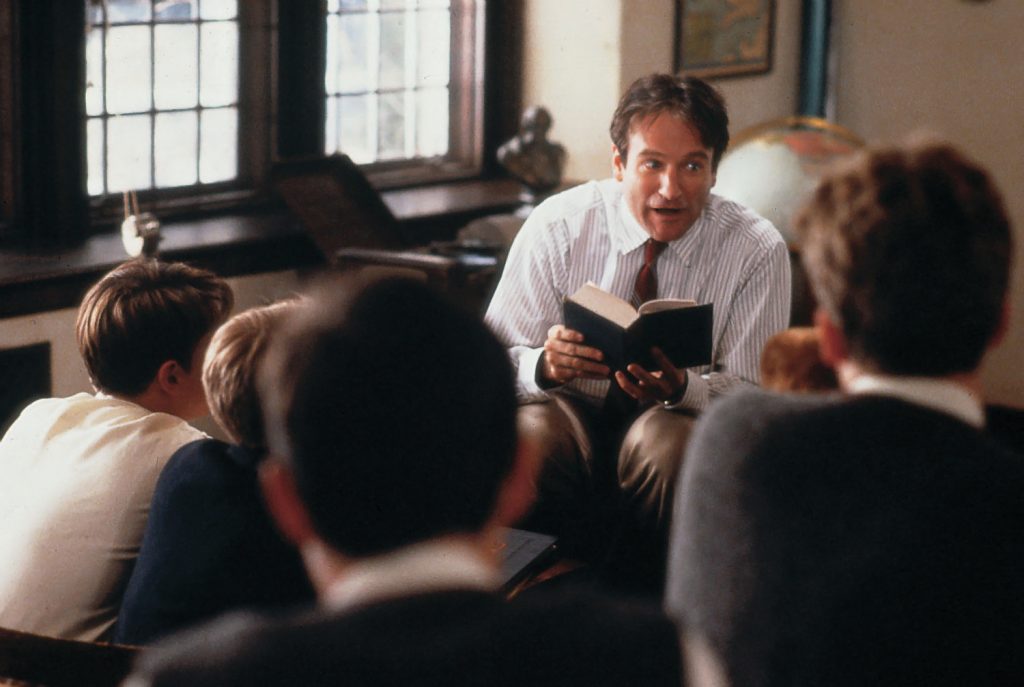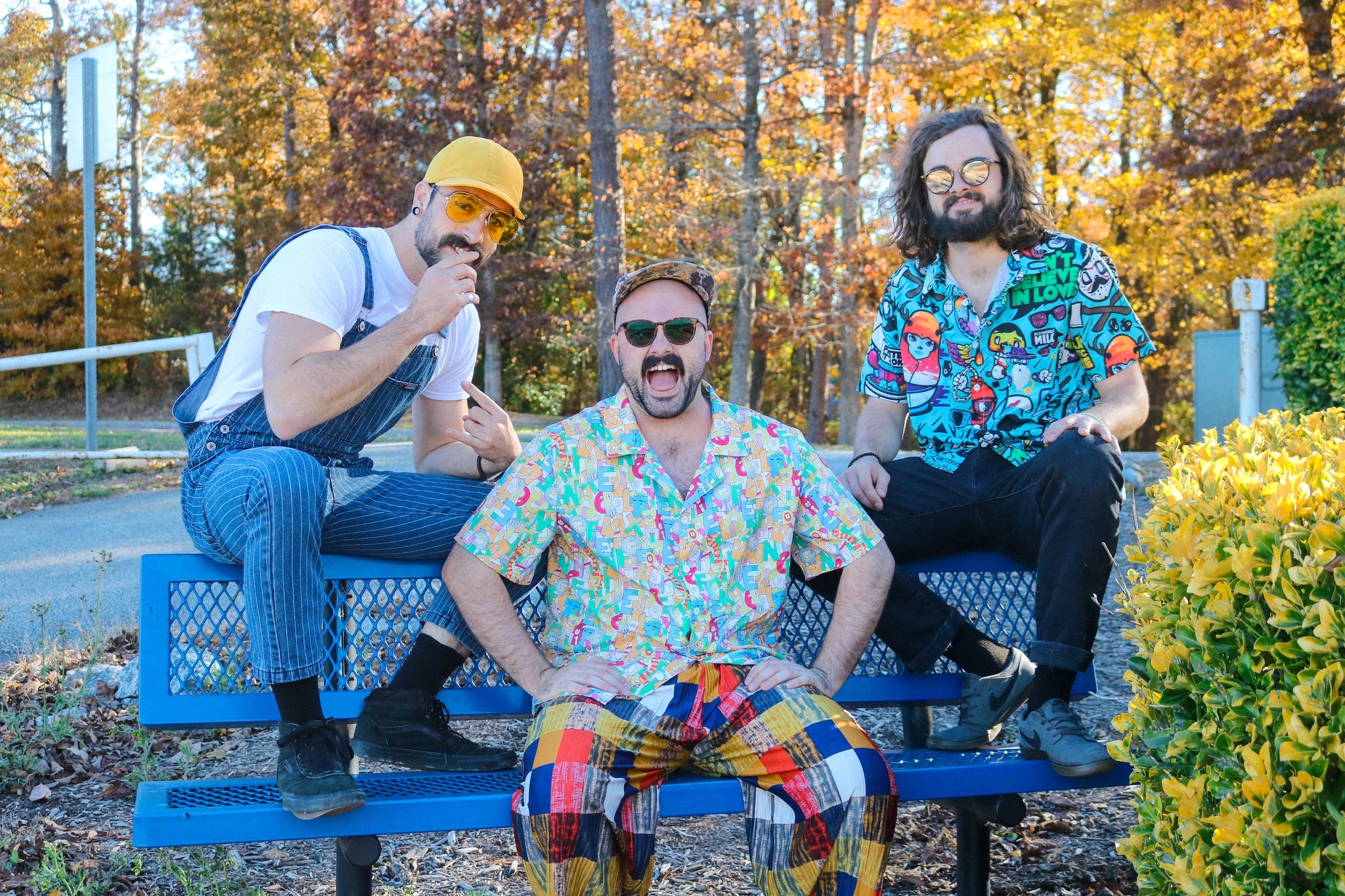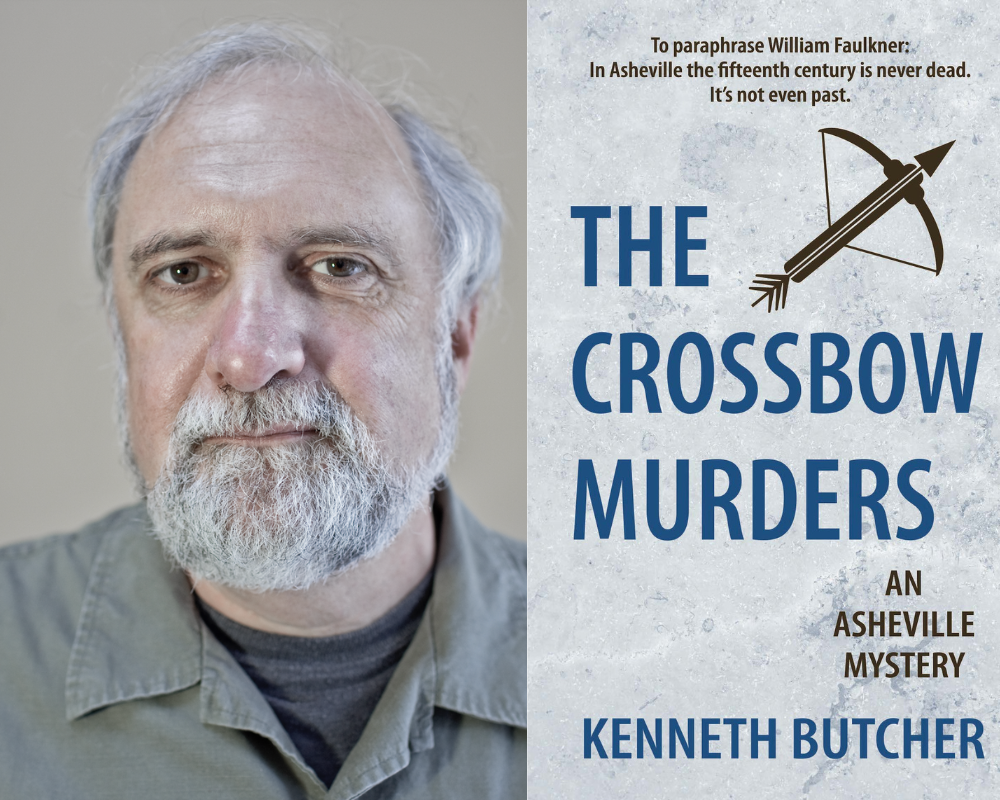
There was a time, though perhaps hard to recall, when casting Robin Williams in a purely dramatic role still seemed a bit controversial. The late actor’s expansive, often manic comic persona was so over the top that he most often played cartoon characters, aliens, motor-mouthed radio DJS, and thickly accented caricatures that never shied away from the opportunity to go larger than life.
John Keating, the inspirational English teacher at the heart of Peter Weir’s Dead Poets Society (1989), has his moments of schtick, as well as speeches encouraging his classroom of Eisenhower-era WASPs to sound barbaric yawps, seize the day, and live life to its fullest, sometimes while standing atop a wooden desk. But there’s tenderness to the performance and subtlety. John Keating is a teacher who loves teaching and genuinely cares for his students. You can almost feel it through the screen, which probably has a lot to do with why Williams’ performance won him an Academy Award nomination and the long-standing affection of many film fans that fondly remember that one teacher.
On paper, Dead Poets Society follows a plot trajectory familiar to most boarding-school sagas: the expectation of (often neglectful) parents, the strict repression of a buttoned-up class (and a buttoned-up era) at war with hormones and teenage rebellion, the camaraderie of an attractive group of rich, young, white men. There aren’t a lot of women in Dead Poets Society, either in or out of the classroom — one of the students has a wisp of a romantic subplot, and while Mr. Keating teaches a lot Whitman and Frost, he never makes it to Dickinson.
Critics weren’t entirely kind upon the film’s release, finding it predictable and unnecessarily weighty. Vincent Canby of The New York Times supposed it might “bore and confuse young audiences.” Roger Ebert, in a fairly scathing review, called it “a collection of pious platitudes masquerading as a courageous stand.” As is often the case, though, the film found an adoring and enthusiastic fanbase among teenagers whose devotion elevated a quiet boarding-school movie into a bit of a phenomenon in the early ’90s.
It might have been the very good work of the cast playing the students, including Robert Sean Leonard, Josh Charles, and, in an iconic breakthrough performance, a very young Ethan Hawke. It might have been the message. There was a Dead Poets Society-adjacent time when bookstores and gift shops in America were heavily stocked with “Carpe Diem”-emblazoned merchandise. It might have been the beauty. For a film so set on portraying prep school as purgatory, everything about it sure looked pretty: from the formation of Canada geese flying over an autumnal, golden-hour New England landscape, to the crew teams rowing out of a shimmery morning fog, to the tailored duffel coats on the students, to the students themselves — a few of whom would enjoy stints as full-on teen heartthrobs following the film’s release.
This reviewer can certainly confirm that last bit, being a teenager who saw Dead Poets Society and was so transported that it took a long time to acknowledge that it was not, in fact, a perfect movie. And for all its flaws, it remains an important document of my personal life, as well as that of a generation of people who may have explored poetry because of it, crushed on Ethan Hawke because of it, and learned that the simple act of standing up for a thing you believe in, even if you’re a small person and it’s a small thing, almost always feels revolutionary.
Take your kids. Enjoy the nostalgia. Gather ye rosebuds.
Henderson Film Society shows Dead Poets Society at 2pm on Sunday, July 7, in the auditorium at Lake Pointe Landing in Hendersonville (behind the Epic Cinemas). For more information, call 828-697-7310.



